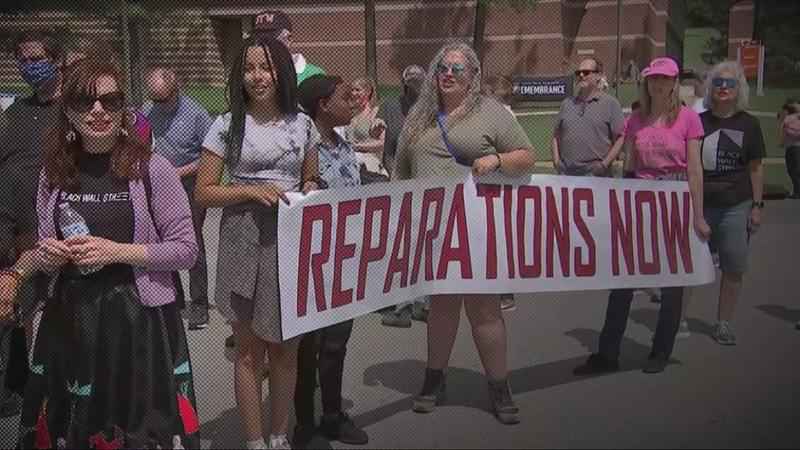Advocates want say in reparations slave descendants could get
[anvplayer video=”5117415″ station=”998132″]
Momentum is building for reparations for the descendants of enslaved blacks in America. Now some are wondering just what that would look like.
Following World War II, the Indian Claims Commission was created by Congress to compensate Native Americans for land taken by the government. However, the recipients received only about $1,000.
In 1973, the United States was sued and promised to provide cash, healthcare and burial service for 600 African American men and their relatives, after the men were unknowingly involved in the Tuskegee experiments, which left them untreated for syphilis.
Reparations were also called for by Black and poor victims of forced sterilization in North Carolina, but many were left out of the compensation.
Those cases show there is no template for reparations and according to former New York State Assemblyman, Charles Barron, who sponsored a bill for reparations from the state of New York, it is the reason that people from the community and not just the government need to have a say in what reparations would look like for descendants of slaves.
A 2021 poll by UMass Amherst says 46% of Americans polled feel the federal government "definitely should not" make cash payments to the descendants of slaves. Barron says he’s heard this before.

However, activists who have been working for years for reparations say cash payments are not all that should be on the table when it comes to compensation to African Americans, who make up approximately 12% of the population.
Learn more about what Barron and other activists would like to see by watching the video of Elaine Houston’s story.